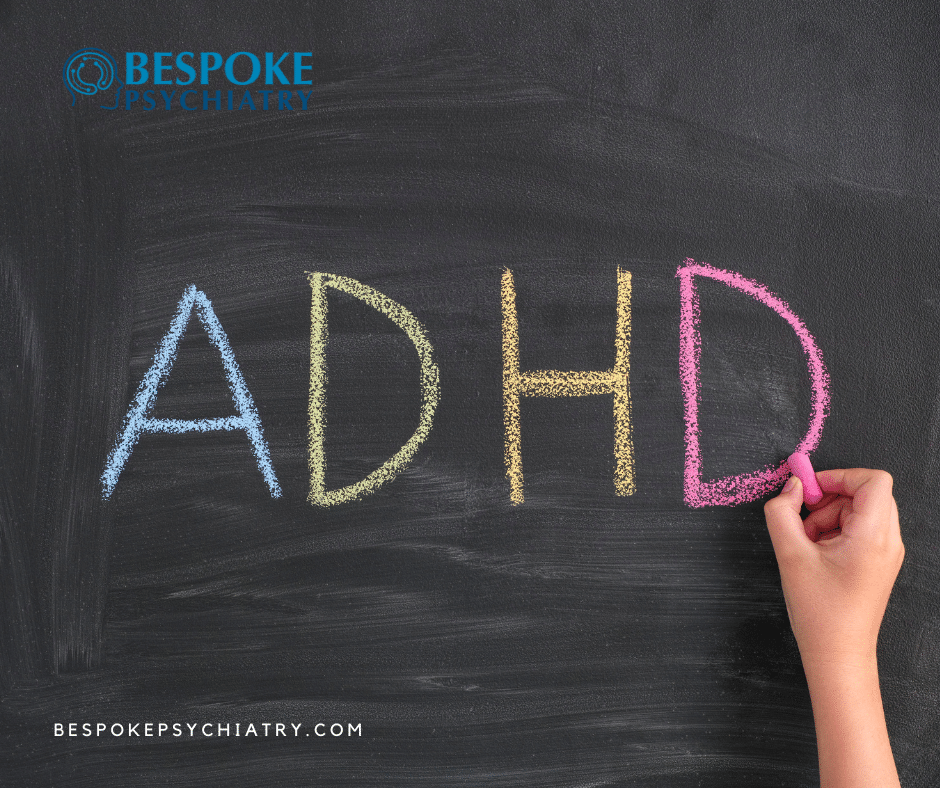
Going back to school can be both exciting and challenging. For many students, the new academic year brings fresh opportunities, but if you suspect you have Attention-Deficit/Hyperactivity Disorder (ADHD), it might also raise questions about how ADHD could be affecting your school performance—and what you can do about it.
What is ADHD?
ADHD is a neurodevelopmental condition characterized by patterns of inattention, hyperactivity, and impulsivity that can interfere with daily functioning. It is one of the most common diagnoses in children and adolescents, but it can also be recognized for the first time during the teenage or even adult years.
How ADHD Can Affect School Performance
Students with ADHD often face unique challenges in the school environment, including:
- Difficulty Sustaining Attention: Tasks that require prolonged focus—such as reading, writing, or listening during lectures—can feel overwhelming. This may lead to incomplete assignments or missed details.
- Poor Organization and Time Management: Keeping track of homework, deadlines, and materials can be harder, contributing to lost work or late submissions.
- Impulsivity: Interrupting conversations, acting without thinking, or rushing through work can affect classroom relationships and the quality of schoolwork.
- Restlessness and Hyperactivity: Difficulty sitting still during class or staying quiet can be distracting both to the student and peers.
- Emotional Regulation Difficulties: Feeling easily frustrated or overwhelmed can affect motivation and self-esteem.
These symptoms do not mean a lack of intelligence or effort—many students with ADHD are highly creative, energetic, and capable learners who just need strategies that suit their unique brain wiring.
Why It Matters to Get Support
Understanding ADHD is the first step to creating a more manageable and rewarding school experience. Without support, students may struggle with academic underperformance, anxiety, or low self-confidence. However, with proper diagnosis and intervention, many find ways to thrive.
Support can include:
- Accommodations: Extra time on tests, breaks during class, or assistance with note-taking.
- Behavioral Strategies: Techniques like breaking work into smaller chunks or using planners and reminders.
- Therapeutic Interventions: Counseling or coaching to develop coping skills and emotional regulation.
- Medication: For some, medication prescribed by a healthcare professional can improve focus and impulse control.
What to Do If You Suspect You Have ADHD
If you suspect you might have ADHD, consider speaking with a school counselor, mental health professional, or your primary care provider. They can guide you through a formal assessment and recommend appropriate resources. Early recognition can make a meaningful difference in your school success and overall well-being. At Bespoke Psychiatry, we are committed to providing comprehensive ADHD services to individuals in Illinois. Our experienced team offers thorough evaluations, personalized treatment plans, and ongoing support tailored to your unique needs. We accept the majority of insurance plans to make quality care accessible and affordable. If you suspect you have ADHD or are seeking expert guidance, we encourage you to consult with us today or become a new patient—let us partner with you on your journey toward better focus, balance, and well-being.
Remember, suspecting you have ADHD is a sign of self-awareness, which is the first step toward taking control of your learning journey. With understanding, support, and the right strategies, you can overcome challenges and unlock your full potential.



